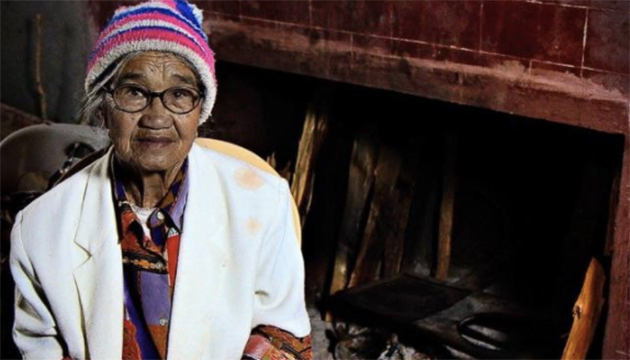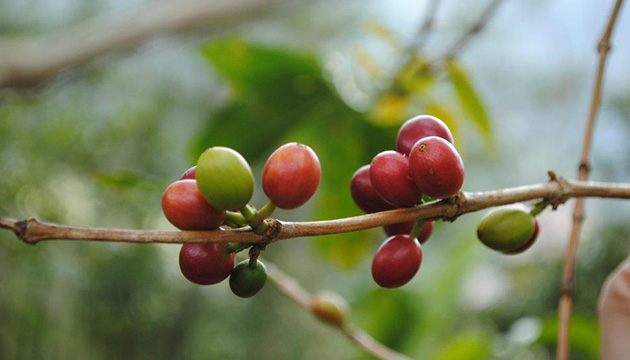Vancouver is a coffee-crazed city. With the cool clouds and almost always rainy weather, it just makes so much sense for Vancouverites to need a cup of joe first thing in the morning and throughout the day.
I moved to Canada more than a year ago, not really expecting I would live away from my beloved homeland. Among the things that helped me with the transition was the presence of small, independent cafes, micro-roasters, and people who love coffee. Being here meant growth in my coffee education, and the wonderful opportunity to connect with like-minded folks about the simple joy of having a great brew.
It was in a cafe where I met a fellow immigrant who would be instrumental in getting me started with my first job in the city; it was over cups of coffee when I learned so much from a mentor about navigating the complex Canadian workplace, and it was in our cafe back home where I met my husband.
There are various coffee traditions around the world, and the best part about it is that no matter the method, coffee always brought people together. In Africa, brewing coffee is a big social event; everyone gathers around a fire, while the women roast, grind, and prepare coffee. In North America, coffee gets people through the morning rush, while the Italians and the French have somehow mastered and perfected cafe culture, and the art of enjoying time for oneself and others without rushing from day to day.
Isn’t it inspiring to think how a humble cup can so powerfully connect people?

Coffee in the Philippines
In the Philippines, coffee culture did not catch on until the beginning of the millennium, when cafes started sprouting like crazy. There was a sudden trend of people hanging out in coffee shops. Pinoys were then getting their caffeine fixes in big chains and foregoing their usual instant coffee at home.
However, little did Filipinos know that in the Philippine highlands, there’s been a coffee-growing industry all along. In fact, our country used to export coffee, but with the lack of funding and financial support, coffee production declined and up to now, we have to rely on private initiatives to spur the development of coffee farming, harvesting, and processing in backyard farms.
Learning about this need has converted me from being merely a coffee consumer to being a coffee advocate.
Passion for coffee
I can perhaps attribute this passion for coffee to the many blessed years of getting to know a remarkable community of coffee farmers in the Cordilleras, the region where I was born. The farmers of the Cordillera are hard-working growers who have inherited this livelihood from their great grandparents, and who no doubt will pass it on to their children, too.
Since 2005, I have been happily volunteering and organizing programs for Coffee AID (Assistance for Indigenous Development), a non-profit collective bringing coffee farmers and coffee enthusiasts together.
Many hands make light work, and twice every year, Coffee AID takes volunteers to work in the farms to plant, harvest, and process coffee - letting young professionals, coffee enthusiasts and coffee newbies alike, become part of the inspiring coffee story.
Though a small organization, we were committed to making a difference in the lives of coffee growers and their families through fair and direct trade practices, promoting community and capacity-building programs, and helping farmers with sustainable farming and harvesting practices.
I have left my heart in the coffee mountains — for I have always pined for those trips to the farms —- and I just knew I needed to do something to bring it closer to my life. What followed was this inkling, this dream of a social venture that would bring the story of Philippine coffee to Vancouver.
Sharing cultures through Coffee
Last year, Coffee AID has started to introduce directly-sourced, fair-traded, organically grown Philippine coffee from Coffee AID farmers to the city of Vancouver. Our mission is to elevate Philippine coffee to specialty level and expand their market for sustainably sourced coffee. Through pop-up coffee booths and partnering with local roasters, Coffee AID will offer single-origin coffee beans; and by holding coffee appreciation workshops, we hope to share the story of our indigenous farmers.
By doing this, we hope that this would translate to a better livelihood for Philippine coffee farmers.
Every cup has a story, and through each coffee shared, we aim to tell the story of Filipino perseverance, patience, and hospitality - in a transformative and lasting way.
Join us in this journey of connecting cultures through coffee.
Tara, kape tayo!
To learn more about Coffee AID and to get your supply of Philippine coffee, email



